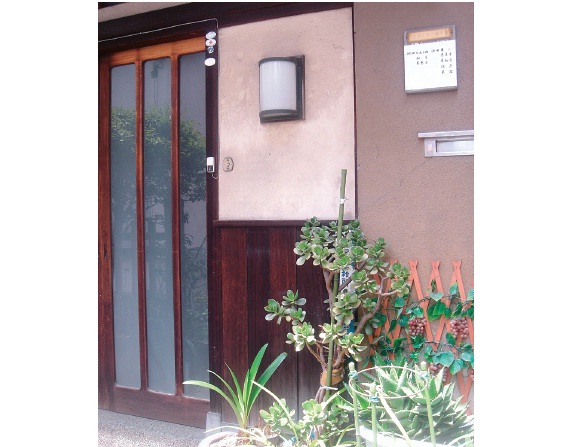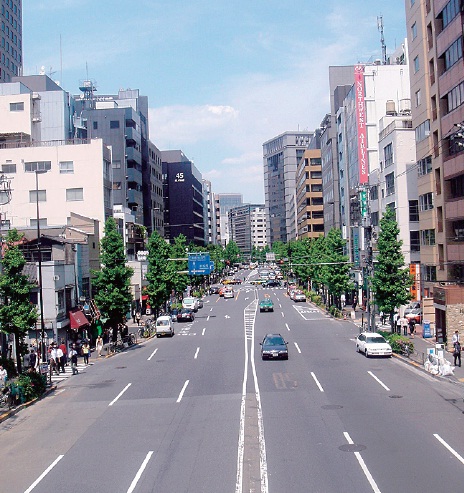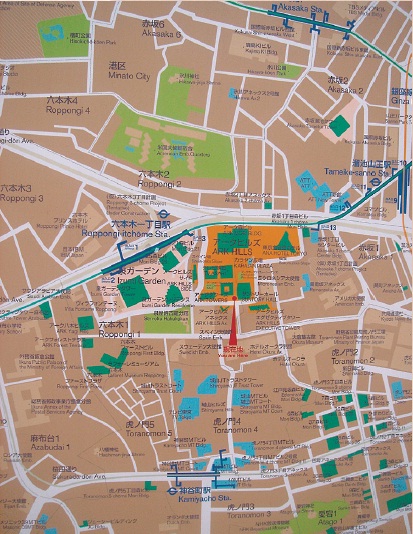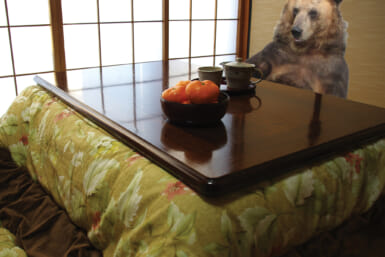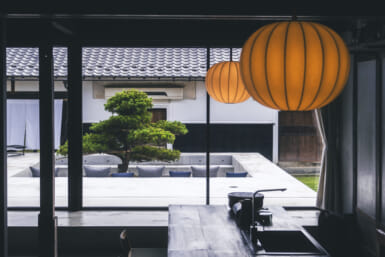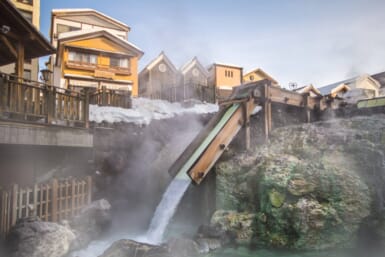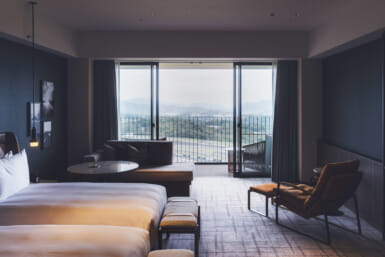Suzy Small examines the logistics of buying property in Japan
FOR MANY long-term Tokyo renters, there comes a moment when buying a home in Japan seems like an incredibly good idea. The thought might strike while trawling through endless apartment viewings, negotiating deposits and agents fees, or when you compare interest rates here with those in your home country. Or it might hit you like a lightning bolt when you work out exactly what you’ve spent on rent over the past few years. Although it may seem an instant solution to your key money angst, buying property here, as anywhere, requires careful consideration. To be honest, Japanese bureaucracy means that you couldn’t really rush into buying a home in Tokyo, even if you wanted to, but a growing number of foreigners are choosing to brave the paperwork and buy their own little piece of the land of the rising sun.
Usually foreign residents who decide to enter the property market here plan to be in Japan for the long term; perhaps because of career prospects or if they have a Japanese partner. In many ways, it is a good time to buy. Property prices have remained relatively low since the bubble ended, and interest rates are almost flat. Alex Menikoff, an Investment Advisory Manager for Colliers Halifax points out that in the 1990s the average condo was trading at ¥80 million, whereas it is now trading at less than half that. Furthermore, the average condo today is a lot better than it was 10 years ago. However, even in the post-bubble economy, with Tokyo regularly clocking in as one of the world’s most expensive cities, the price of a home remains high. Menikoff cites prices for a typical family home of approximately 150 meters squared as around ¥100 million in Futako Tamagawa, ¥150 million in Jiyugaoka or Meguro and about ¥200 million in the popular Hiroo/Azabu area.
If you plan to stay here for
several years at least, buying
your own home allows you
to gain equity while paying
less than you would to rent.
However, if you’re after a quick
capital gain, you’re probably
better off looking overseas.
It’s important to be aware that the Japanese real estate market does not have the same potential for capital gains as many other cities. Menikoff believes that if you hold onto your investment for some time you may see some appreciation in asset yield, but nothing like Shanghai, Sydney or New York. Important factors, which will help your investment appreciate in value as much as possible, are location, neighborhood amenities and transport access, as these will always be in demand from potential buyers. If your home is well designed and constructed, and carefully maintained, you will benefit when the time comes to sell. If you plan to stay here for several years at least, buying your own home allows you to gain equity while paying less than you would to rent. However, if you’re looking for a quick capital gain, you’re probably better off looking overseas.
Having considered the potential investment returns and decided to buy, the next major consideration is financing. Traditionally, Japanese banks have been unenthusiastic about lending to foreign buyers, but in recent years the situation has improved. Many will still insist that you have permanent residency, and that you have been working for the same employer for at least 3 years. Often a deposit of between 10 and 20 percent is also required. One of the more flexible institutions to deal with is Shinsei Bank, which considers mortgages for non-permanent residents, although only to refinance or purchase a primary residence. As always, this will depend on your credit rating and the quality of the property you want to buy.
As well as financing, another major decision facing buyers is whether to purchase an existing property or build one. The choice might be aesthetic: although things have improved recently, generic Japanese residential architecture is not known for its beauty. Also, although many foreigners love the layout of Japanese homes, others welcome the chance to incorporate some Western touches.
If you are considering planning and designing a home in Japan, Dr A.A. Manny Sultan, Principal of AAS Associates, recommends that you begin with a wish list, detailing the kind of space and rooms you would like, the style and quality, as well as a rough schedule and budget. Once you’ve started thinking about what your dream home would be like, it’s time to do some market research and gather information on prices in your preferred area. You should then organize financing for the project, bearing in mind that you will probably need to borrow money for the construction work as well as the land. After locating a plot of land that meets your requirements, the next step is to find an architect. It’s worth making sure that any architect you consider is properly qualified, and also that you feel you can communicate with them, so they understand your vision for your home. Experience is also important; if possible, view other houses they have created and speak with the owners. It is also very important that they are familiar with the energy consumption and conservation laws, codes and regulations that apply — these are numerous and can be complicated! Taking the time to find a good architect will reduce your workload enormously, and can determine the success of your project.
While at the design stage, Dr. Sultan highlights other important issues, such as deciding between a ready-made or made-to-order home, a house or condominium, and whether to build from scratch or remodel an existing property. These considerations will affect both the life span and the resale value of the property you build, as well as how much you enjoy living there. Sultan believes it is worth taking time here as, “it is very easy to build, but extremely difficult to get something you are satisfied with”.
For those who prefer to buy an existing home, rather than deal with building, there are other factors to look at. As in any other country, it’s sensible to get the full range of building inspections done. There are other, Japan-specific issues to look at too. Earthquake building regulations were introduced here in 1981, so homes constructed after this date are more seismic resistant than older buildings. Before buying, consider the type of insurance available to you that would protect your investment against earthquakes and typhoons. Also, it is particularly important to be sure that when buying a house, you are also purchasing the land it is on, as the two deeds are not necessarily linked.
For all the work involved, homeowners who do take the plunge and purchase here usually find that owning their own home is more than worth the effort. As well as giving a sense of permanence that many miss when in rented accommodation, it provides a more permanent anchor to a country that an increasing number of foreign residents are thinking of as home.

